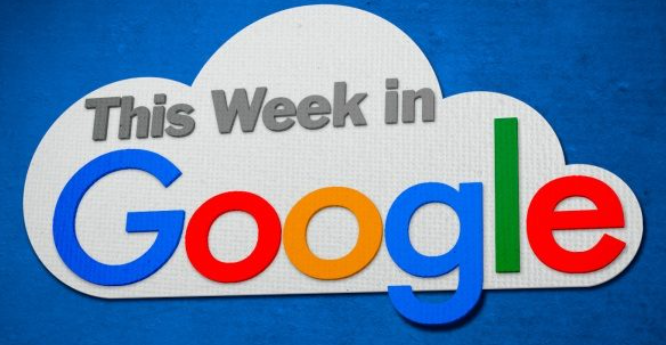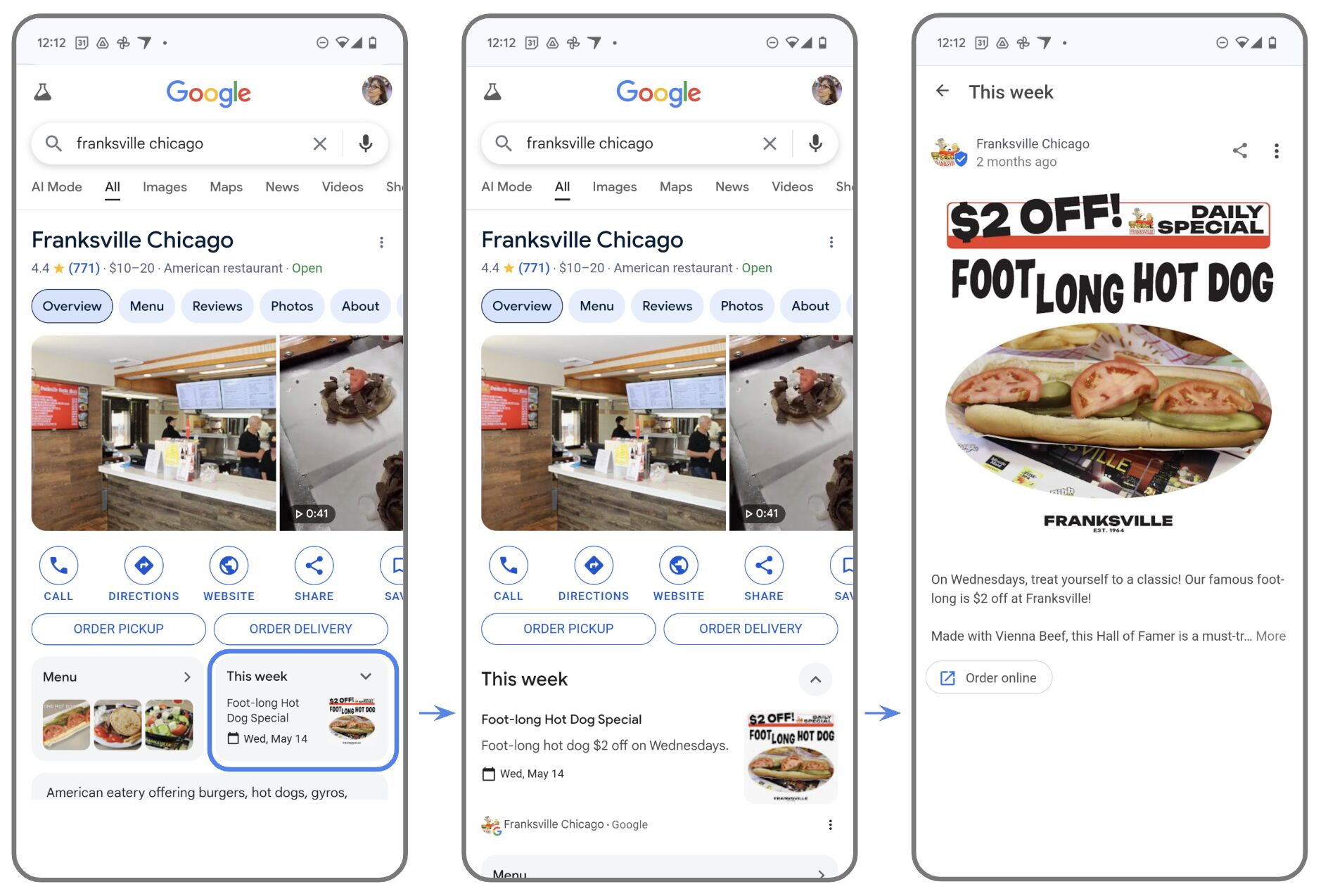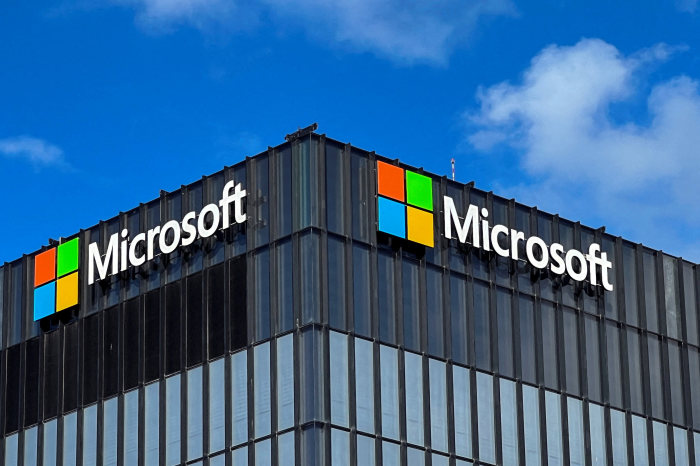Google Offers A Timely Tech Upgrade for Local Dining & Drinking
Google, the ubiquitous gateway to information, is rolling out a significant update designed to bridge the gap between digital search and the dynamic reality of local businesses, particularly in the food and drink sector. Moving beyond static business listings and standard reviews, the tech giant is introducing a new section to restaurant and bar search profiles that allows owners to showcase timely specials, events, and promotions directly within search results.

Dubbed “What’s Happening” on the business-facing side, this feature represents a strategic enhancement to Google’s local search capabilities. For consumers searching for a place to eat or drink, this timely information will appear prominently under a “This week” label within the standard knowledge panel block that pops up for most local businesses. Imagine searching for a local eatery and instantly seeing their Tuesday taco special or details about Saturday night's live music – that's the immediate user benefit Google is aiming for.

From a technological and strategic standpoint, this isn't merely a cosmetic change; it's an effort to make Google Search more relevant and actionable for time-sensitive decisions. In an age where consumers often turn to social media platforms like Instagram or Facebook for the latest happenings at their favorite spots, Google risks becoming less of a first stop for discovering real-time local updates. By integrating this capability, Google is directly competing with social media platforms for the role of primary discovery engine for local events and specials.
The implementation leverages existing Google infrastructure while offering flexible integration options. Businesses can update their “What’s Happening” content manually through Google Posts. Google Posts itself isn't new; it was launched almost a decade ago, initially for high-profile entities like brands and celebrities, and later expanded to empower local businesses to share content directly into their search profiles via a carousel. This existing tool provides a familiar interface for direct content management.
Crucially, Google is also enabling businesses to link their social media accounts – specifically Instagram, Facebook, and X (formerly Twitter) – for automatic cross-posting. This is a clever move that acknowledges how many businesses already manage their timely updates. Instead of forcing them onto a new, dedicated platform, Google is integrating with the workflows businesses already use, reducing the barrier to entry and ensuring content stays fresh with minimal extra effort from the owner. This strategy highlights Google's approach of becoming a central aggregator of information, even if that information originates elsewhere. It also underscores the technical logic of leveraging APIs and data feeds from major social platforms to enrich its own search product.
The feature is set to roll out initially in the US, UK, Canada, Australia, and New Zealand, targeting “single Food and Drink businesses” first. This phased rollout is typical for Google, allowing them to test and refine the feature before a broader deployment. The focus on single businesses suggests an initial target on independent operators rather than large chains, perhaps recognizing their greater need for direct, flexible communication with potential customers.

In conclusion, Google’s “This Week” feature is a pragmatic technological step aimed at enhancing the utility of local search. By providing businesses with a direct channel to publish timely updates and integrating seamlessly with popular social media platforms, Google is strengthening its position as the go-to source for local information. For business owners, it's a valuable new tool for visibility; for consumers, it means more current, relevant information is just a search away. This move reflects Google's ongoing strategic battle to remain indispensable in a fragmented digital landscape, leveraging technology to bring the dynamic offline world into the static search result page.
(Writer:Juliy)





